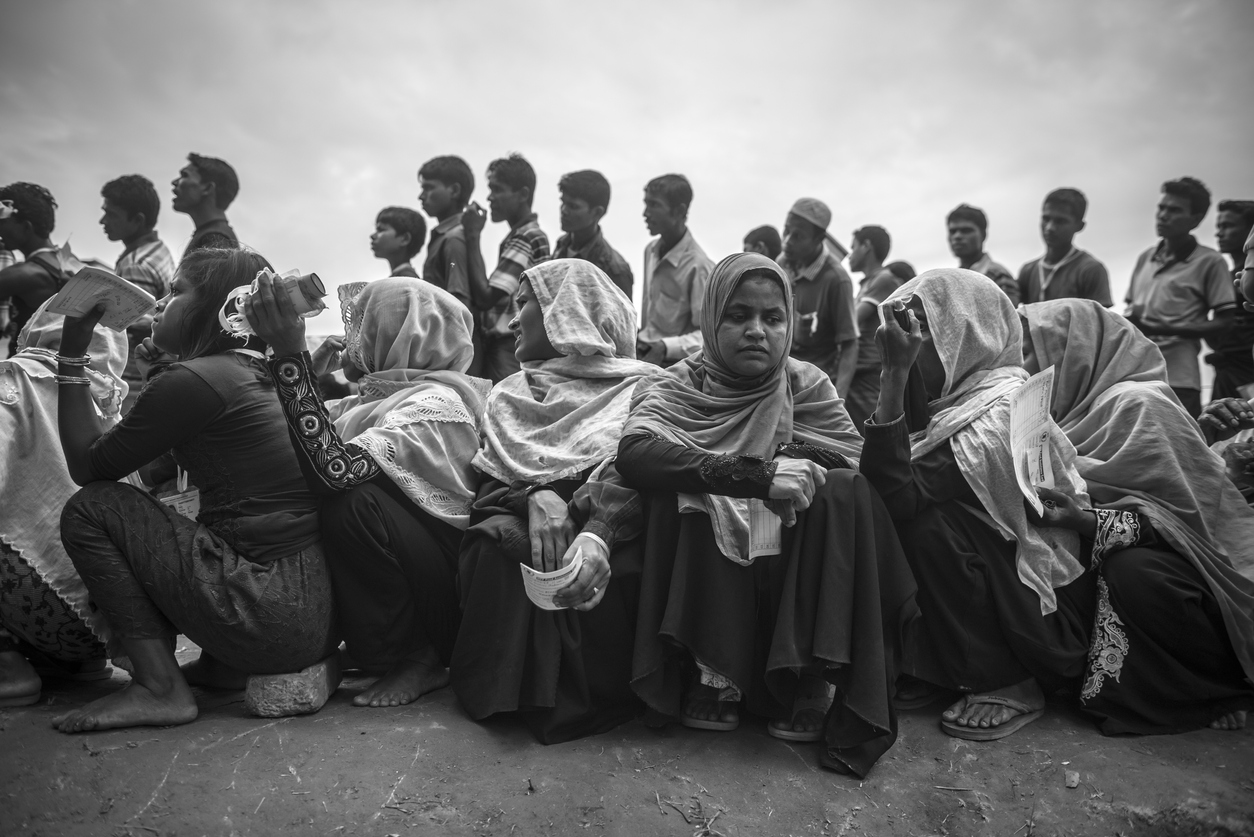
Explained: Lowdown on India’s refugee policy and its link to CAA, NRC
The nationwide protests against the Citizenship (Amendment) Act and National Register of Citizens have once again raked up debates on the refugee crisis in the country.

The nationwide protests against the Citizenship (Amendment) Act and National Register of Citizens (NRC) have once again raked up debates on the refugee crisis in the country.
With the NRC aiming to weed out illegal immigrants, the central government has declared that there is no plan to implement it across the country yet. Protests in Assam against the CAA, where the NRC has been already carried out, indicate that the cut-off date for the CAA (December 31, 2014) would enable all Hindu illegal Bangladeshi immigrants to secure citizenship. The protesters argue that this will alter the demography of the region and is against the secular nature of the Indian constitution.
What are the laws governing non-citizens till now?
Foreigners Act, 1946
Passports Act, 1967
India’s stand on refugees:
India is not a party either to the 1951 UN convention of Refugees or its 1967 Protocol. Hence, the country is not bound by the principle of non-refoulment, which states that a host country receiving religiously persecuted refugees is obligated to give protection to the refugees.
It is an internationally accepted norm which even non-parties abide by.
But, India does not have legislation for refugees.
Also read: Explained: What is National Register of Citizens (NRC)
Has India ever received refugees?
India has received waves of refugees from neighbouring countries at different times like 1947 (Partition), 1959 (Buddhists from Tibet) and 1971 (Indo-Pak war) among others.
During the Chinese invasion of Tibet in 1959, India granted asylum to the spiritual leader Dalai Lama and other Tibetan refugees to legally settle in India.
How have successive governments dealt with the refugee problem?
With no legislation in place, the government did use temporary solutions to deal with the issue. CAA is seen as an attempt to deal with the refugee problem, legally. CAA offers citizenship to religiously persecuted Hindu, Christian, Parsi, Jain, Sikh and Buddhist minorities from Pakistan, Afghanistan and Bangladesh in an attempt to tackle refugees and provide a legal channel for asylum.
Also read: Explained: What is National Population Register (NPR)
Why is it being opposed?
CAA does not consider other persecuted minorities like Rohingya Muslims, Sri Lankan Tamils, Uighur Muslims and Ahmadiyas from other neighbouring countries. It is also being seen as an attempt to discriminate against Muslims.
Does India have refugee data?
Answer from the Ministry of Home affairs to the above question in December 2019 revealed that India does not have a centrally maintained database of the number of Hindu and Sikh refugees who came from Afghanistan and Pakistan.
Provisions to enable data collection to implement CAA was introduced only in 2018 and since then, 927 Sikhs and Hindus from Afghanistan and Pakistan have been granted citizenship till now.
What happens next?
Though the Supreme Court has refused to stay the implementation of CAA, it will soon begin hearing 59 pleas challenging the legislation on January 22, 2020. Though PM Narendra Modi said in his speech that CAA and NRC will not affect Indian Muslims, his assurance has failed to curb the protests across the country. It is largely perceived as being incomprehensive when it comes to the question of refugees.

